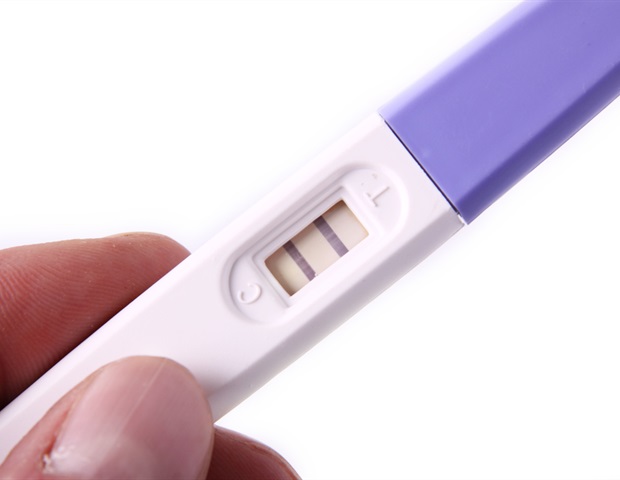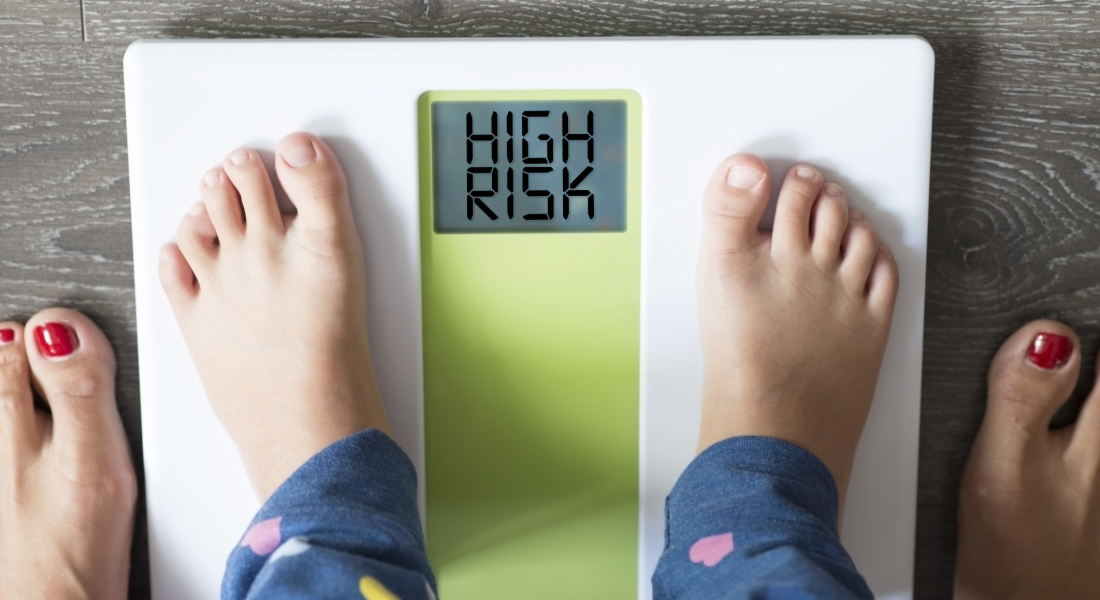You’ve heard the line before: you’re born with all the eggs you’ll ever have, and as the birthdays pile up, the stash steadily shrinks. By 35, the decline accelerates, and the ominous “biological clock” gets louder. But fertility isn’t just about quantity—it’s about quality, too. Which raises the obvious (and often whispered) question: Is there anything you can actually do to improve your egg quality?
Here’s the short answer: sort of. But first, some context.
A significant portion of egg quality, like quantity, comes down to age. As we grow older, “not only do we lose eggs, but the ones we keep are more likely to accumulate DNA mutations,” Dr Anate Brauer, a board-certified reproductive endocrinologist at RMA of New York, tells SELF. This can result in eggs with the wrong number of chromosomes, making them less likely to fertilise, implant, or result in a healthy pregnancy. Conditions like endometriosis or PCOS, along with treatments such as chemotherapy and radiation, can add to the decline. Certain lifestyle factors, particularly those that put the body under chronic stress, may also contribute, Dr Brauer notes (we’ll get into those in a moment).
Beyond DNA integrity, other egg characteristics matter too—its shape, for instance, or how well its internal machinery is functioning. Mitochondria, the egg’s energy centres, are particularly crucial, since the process of becoming a human is, to put it plainly, an energy-intensive endeavour. And here again, things like age, health and lifestyle may influence how well those mitochondria behave.
Now for the catch: there’s no clear test for egg quality. AMH and FSH levels offer a peek at your egg quantity, not quality. “We don’t know if there’s a quality issue unless we extract the eggs and inspect them under a microscope, as in IVF,” says Dr Brooke Rossi, a reproductive endocrinologist at Ohio Reproductive Medicine. Still, because egg quality plays a central role in fertility, it may be worth supporting it where possible—if only because, in a sea of uncontrollable factors, this one might offer a modicum of agency.
Let’s talk about what might (and might not) help.
What can harm egg quality?
Let’s start with the usual suspects. Smoking, vaping, drinking alcohol, skipping sleep, using recreational drugs, and consuming excessive sugar—all these habits can generate oxidative stress. That’s when damaging molecules (free radicals) outnumber the antioxidants meant to neutralise them. Over time, this imbalance can compromise cellular health, including your eggs’ DNA and mitochondrial function. Cue potential fertilisation hiccups, implantation failures, and higher miscarriage risks.


